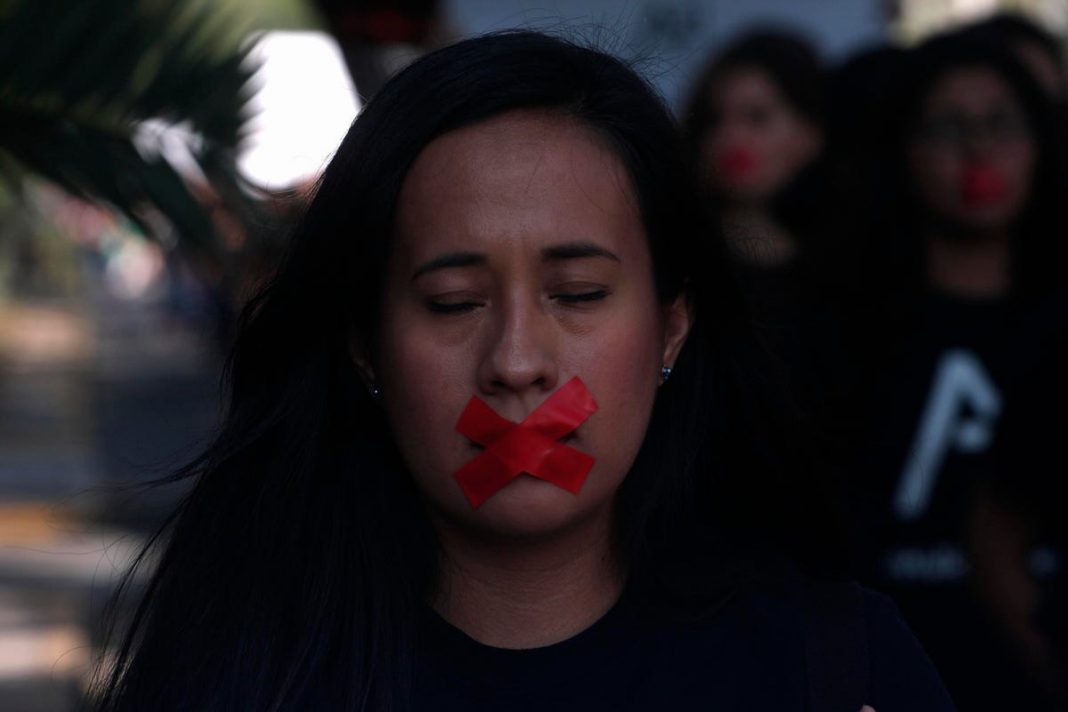On July 30, the U.N. marks the World Day against Trafficking in Persons. The annual day was established by U.N. General Assembly resolution to address the “need for raising awareness of the situation of victims of human trafficking and for the promotion and protection of their rights.” This year’s theme, “Victims’ Voices Lead the Way” aims to put victims of human trafficking at the centre of the campaign and highlights the importance of listening to, and learning from survivors of human trafficking. The campaign is about them, and for them, as long as it is with them. As the U.N. explains “many victims of human trafficking have experienced ignorance or misunderstanding in their attempts to get help. They have had traumatic post-rescue experiences during identification interviews and legal proceedings. Some have faced revictimization and punishment for crimes they were forced to commit by their traffickers. Others have been subjected to stigmatization or received inadequate support.” Learning from the experiences of victims of human trafficking can help to provide better assistance to them. And learning we must as the situation is not getting better.
A woman with her mouth covered with tape walks during a protest named in English ‘For Freedom’ … [+]
2016 Leonardo Alvarez
Indeed, in 2020, United Nations Office on Drugs and Crime (UNODC), mandated by the U.N. General Assembly through the 2010 United Nations Global Plan of Action to Combat Trafficking in Persons, published its fifth Global Report on Trafficking in Persons presenting a dire situation of victims of human trafficking globally. According to the UNODC, the last 15 years have seen an increasing number of people being trafficked. The exploitation takes many forms. “Overall, 50% of detected victims were trafficked for sexual exploitation and 38% for forced labor, while 6% were subjected to forced criminal activity and more than one per cent to begging. Smaller numbers were trafficked for forced marriages, organ removals and other purposes.” Victims of trafficking for forced labor are exploited across several sectors, including agriculture, construction, fishing industry, mining, street trading and domestic servitude.
Among the various issues, the report emphasized that victims are targeted when they are vulnerable. As such, the Covid-19 pandemic, with its economic recession, will result in more people becoming vulnerable and at risk of falling victim to the crime. The report stresses that: “Traffickers target victims who are marginalized or in difficult circumstances. Undocumented migrants and people who are in desperate need of employment are also vulnerable, particularly to trafficking for forced labor.” It adds “Criminals trafficking children target victims from extremely poor households, dysfunctional families or those who are abandoned with no parental care.” However, even without the challenges caused by Covid-19, there are many marginalized groups that continue to be targeted by traffickers, including women and girls belonging to religious minority groups. Their vulnerability (or indeed, double-vulnerability) should be treated as an early waring sign and acted upon to spare them the pain and suffering of being trafficked and subjected to a litany of crimes.
Listening to the voices of victims means also understanding that behind the increasing number of people being trafficked there are untold stories of exploited and abused individuals. Among others, there are the stories of close to 3,000 Yazidi women and children abducted from Sinjar in August 2014. Seven years later, they are still missing, if they are alive, they continue to be abused on a daily basis while uprooted from their communities. As Yazidi advocates and organizations continue to be the voice for the voiceless victims of human trafficking, we need to hear their calls to rescue the women and children abducted by Daesh. Their pain and suffering will not cease until they are back with their families and communities.Their pain and suffering will continue until they are free to tell their stories.




